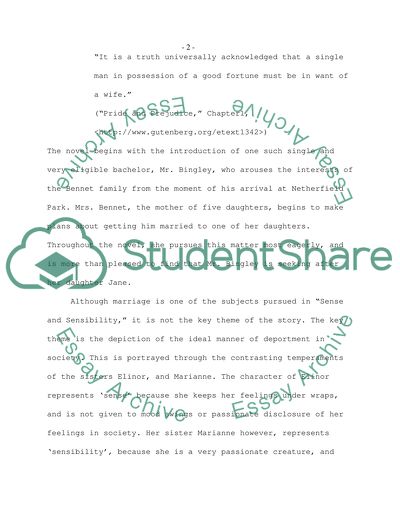Cite this document
(“Pride and Prejudice and Sense and Sensibility: A Critical Analysis Essay”, n.d.)
Retrieved from https://studentshare.org/literature/1530378-pride-and-prejudice-and-sense-and-sensibility-a-critical-analysis
Retrieved from https://studentshare.org/literature/1530378-pride-and-prejudice-and-sense-and-sensibility-a-critical-analysis
(Pride and Prejudice and Sense and Sensibility: A Critical Analysis Essay)
https://studentshare.org/literature/1530378-pride-and-prejudice-and-sense-and-sensibility-a-critical-analysis.
https://studentshare.org/literature/1530378-pride-and-prejudice-and-sense-and-sensibility-a-critical-analysis.
“Pride and Prejudice and Sense and Sensibility: A Critical Analysis Essay”, n.d. https://studentshare.org/literature/1530378-pride-and-prejudice-and-sense-and-sensibility-a-critical-analysis.


